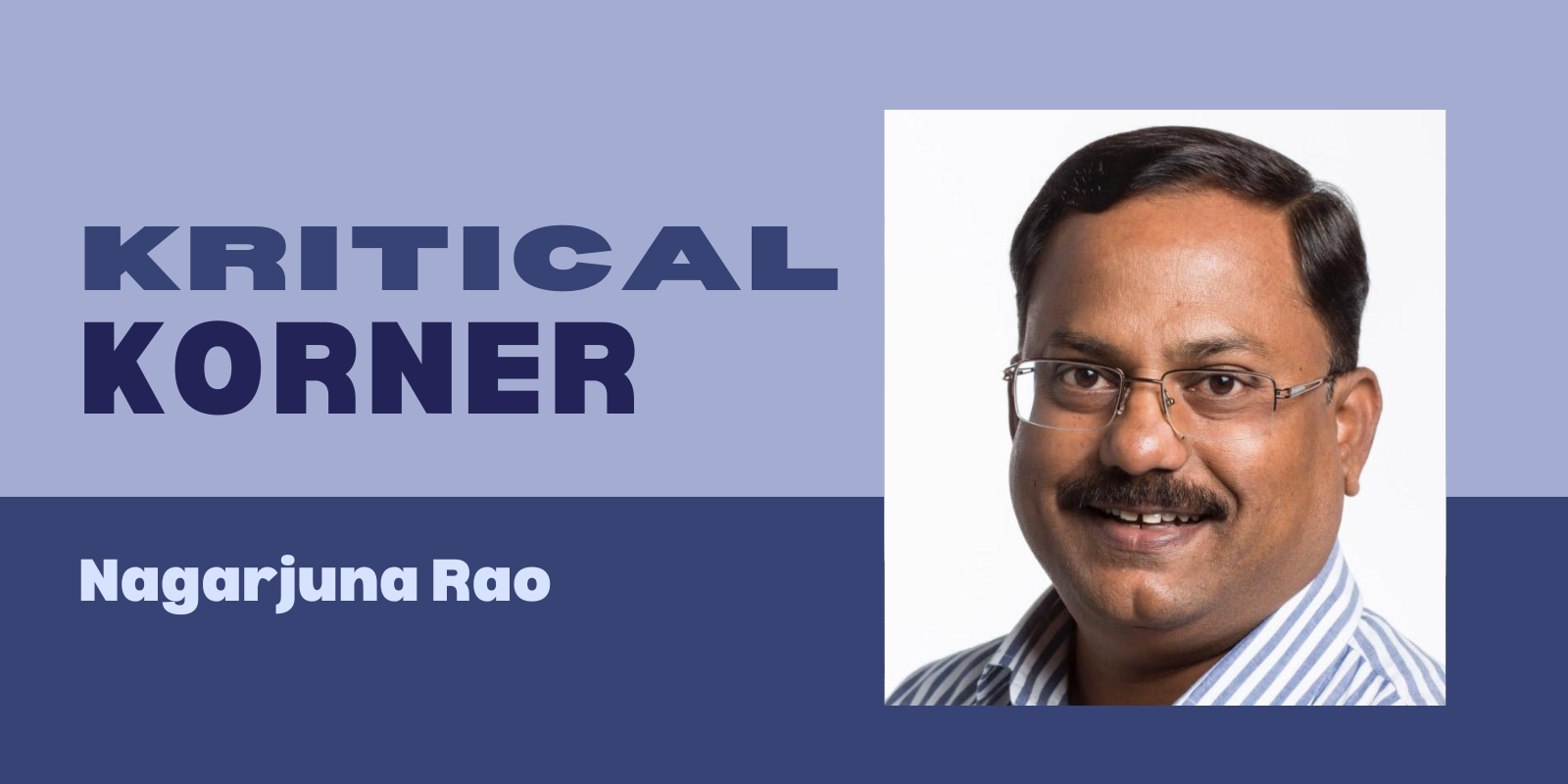How a Jharkhand minister’s casual communalism mirrors a deeper and dangerous mindset
When Jharkhand minister Hafizul Ansari declared with unsettling ease that for Muslims, ‘Shariat comes first, Constitution later’, he wasn’t merely expressing a personal belief. He was, in essence, renouncing the very oath he took when he assumed public office.
A minister in a secular democracy cannot publicly proclaim his allegiance to a religious code above the Constitution. But Ansari did just that – and in doing so, peeled back the facade of a dangerous and growing mindset.
This wasn’t a slip of the tongue. It was a candid admission of how a segment of India’s so-called ‘minority’ – a second majority in the country – continues to place its religious identity above civic life. The real tragedy, however, is that this mindset isn’t confined to rhetoric. It is spilling out violently onto the streets, as the horror in Bengal’s Murshidabad district has so brutally demonstrated.
The Constitution burned alongside homes
In what is rapidly becoming a humanitarian crisis, more than 400 Hindus have been forced to flee Muslim-majority areas like Dhulian, Suti, and Jangipur in Murshidabad. The violence, sparked by protests against the Waqf (Amendment) Act, turned communal with alarming speed.
The visuals are gut-wrenching: burnt shops, vandalised homes, molested women, and terrified families crossing the Bhagirathi River in boats, leaving behind everything they own. The local administration has scrambled to provide shelter in school buildings, while the Calcutta High Court has had to order the deployment of Central forces to prevent further escalation. Over 200 arrests have been made.
But facts are stubborn things. Hindus are not fleeing because of floods or earthquakes. They are fleeing because they are being told, in no uncertain terms – this land is no longer yours.
Echoes of Ralive, Tsalive, Galive
The chilling echoes of ‘Ralive, Tsalive, Galive’ (convert, leave, or perish) come to mind. That slogan, blared from mosque loudspeakers in Kashmir in the 1990s, marked the beginning of the exodus of the Kashmiri Pandits, as Islamists sought to establish a Caliphate in the Valley. Murshidabad may be far from the Himalayas, but the script feels disconcertingly familiar.

In Bengal, the message is delivered not with loudspeakers, but with arson, assault, and, in some cases, rape. During the recent unrest, mobs blocked National Highway 12, torched police vehicles, stormed a local MP’s office, disrupted train services at Nimtita station, and wreaked havoc in the name of religion. All it took was a legislative amendment.
Selective Shariah: Only the sweet bits, please
If Ansari and his ilk truly believe that Shariah should supersede the Constitution, then let them be honest about what that entails. Full Shariah, after all, does not stop at personal laws or property rights. It includes chopping off hands for theft, stoning for adultery, and treating a woman’s testimony as half that of a man’s.
Will the champions of Shariah endorse those parts for all Muslims? Or will they continue cherry-picking convenient clauses while ignoring the barbarity of the rest? The Constitution cannot coexist with a parallel system rooted in medieval jurisprudence. The two are fundamentally incompatible.
And yet, there is a deafening silence from those who shout ‘Samvidhan khatre mein hai’ at the drop of a hat. Asaduddin Owaisi, ever ready to leap to a microphone when a hijab is questioned, is suddenly tongue-tied. Hus AIMIM spokesmen Waris Pathan and Shoaib Jamai, champions of minority rights on television panels, have not spared a word for the Hindus of Murshidabad.
Privileges of a minority, behaviour of a majority
It is time we dropped the pretence. In many districts across India, Muslims are not a minority in the sociopolitical sense. They are demographically dominant and culturally assertive, wielding influence disproportionate to their ‘minority’ tag. And yet, they continue to demand the protections and indulgences that come with minority status – all while engaging in acts that, if reversed, would have the nation in flames.
Imagine a Hindu minister saying that the Manusmriti would take precedence over the Constitution. Parliament would be paralysed. Editorials would call for his resignation. Prime-time anchors would foam at the mouth. Yet Ansari’s remark is treated with a shrug and a footnote. This selective outrage is not just hypocrisy – it is complicity.
An idea under siege, one boat at a time
Until we confront this duplicity – this convenient duality of victimhood and majoritarianism – we will continue to see tragedies like Murshidabad. The idea of India is not being toppled by coups or invasions. It is being quietly chipped away in district after district, in boat after boat of displaced people, crossing rivers in search of a country that still belongs to them.
And somewhere on dry land, a minister smirks and says, ‘Shariat first.’
Read: https://orangenews9.com/why-presidents-rule-beckons-in-bengal/




